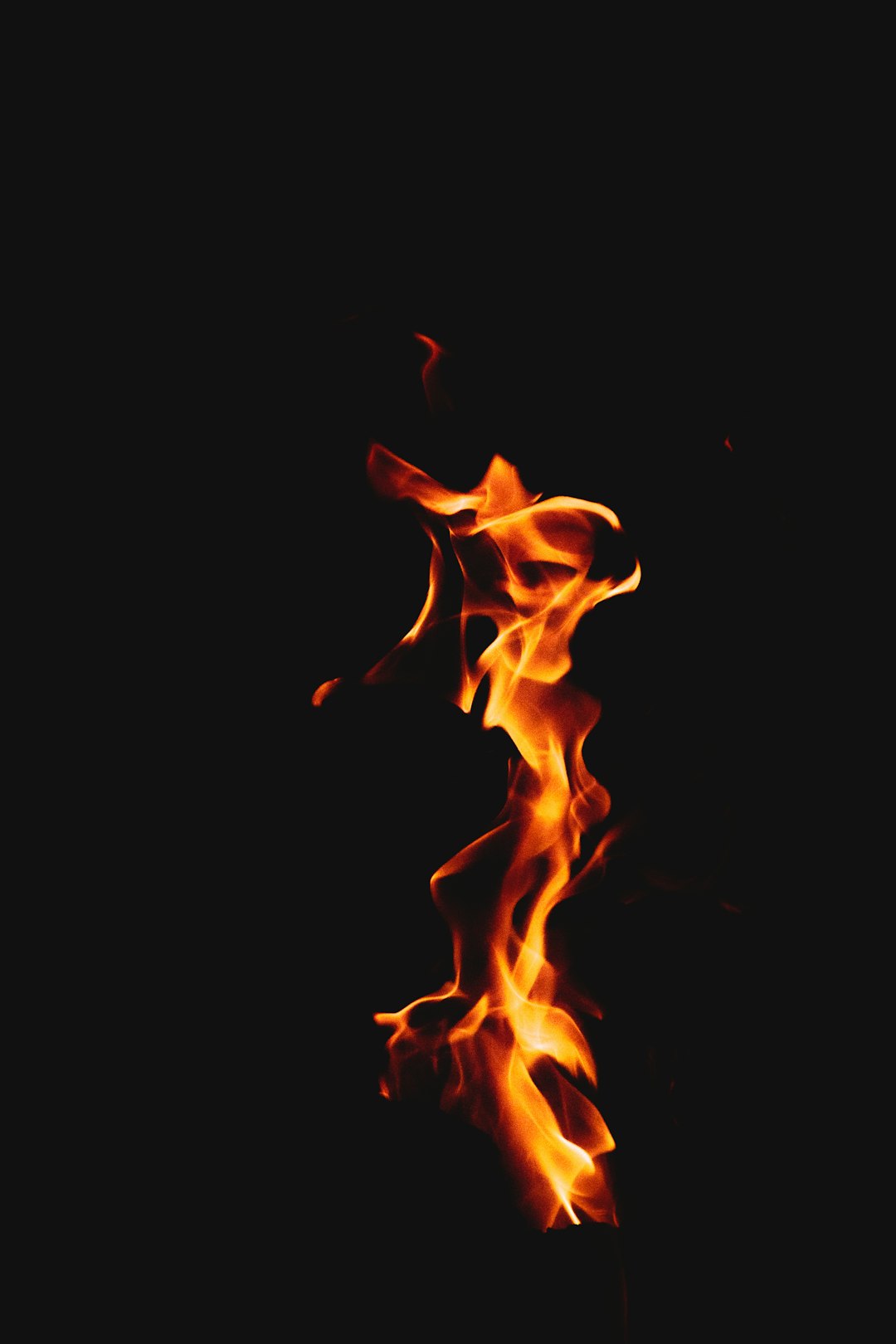Fire Engineer Mataaro Ārai Ahi
Fire engineers plan and design safety features that detect, control or reduce fire and smoke in buildings and structures. They also analyse how fire behaves and how safety features perform in fire.
Fire engineers who complete a Master of Engineering in fire engineering and have three to five years' work experience can apply to Engineering New Zealand to gain registration as a Chartered Professional Engineer (CPEng).
Fire engineers may do some or all of the following:
- design features in buildings and structures to detect, control or reduce fire and smoke damage
- design or review safety feature modifications in renovated buildings
- discuss designs with colleagues, architects, electrical engineers, or builders
- create detailed drawings for fire safety features
- produce technical instructions for, and assessments of, safety features, and do design calculations
- create computer models to predict how fire will behave in buildings or structures
- analyse how fire safety features performed after a fire.
Useful Experience
Useful experience for fire engineers includes:
- any voluntary or paid firefighting work
- general engineering work
- any work in the building industry
- any experience in the armed forces.
Personal Qualities
Fire engineers need to be:
- analytical and good at problem solving
- adaptable and creative
- accurate, practical and good at planning
- able to work well under pressure and in a team
- strong communicators, and able to explain complicated ideas in simple language.
Skills
Fire engineers need to have knowledge of:
- how fire and smoke behave, and how people behave in fires
- how fire affects building materials
- building design techniques and engineering principles
- building and emergency legislation
- how to use computer-aided design (CAD) software.
Conditions
Fire engineers:
- usually work regular business hours, but may need to be on call
- work in offices
- may work in hazardous conditions, such as in buildings after fires
- may travel locally to attend site meetings, assess building sites, or analyse structures after fires.
Subject Recommendations
A tertiary entrance qualification is required to enter further training. Useful subjects include English, maths, physics, and construction and mechanical technologies.
Related Courses
Fire Engineers can earn around $70K-$90K per year.
Pay for fire engineers depends on qualifications and experience.
- Graduate fire engineers usually start on $70,000 to $90,000 a year.
- Mid-level fire engineers with three to five years' experience usually earn between $90,000 and $120,000.
- Senior fire engineers with five or more years' experience, who also work as team leaders can earn from $120,000 to $180,000.
Source: Institute of Fire Engineers New Zealand Branch, 2019.
After completing a Master of Engineering in fire engineering and then three to five years of work experience, fire engineers may progress to become Chartered Professional Engineers (CPEng) or Chartered Engineers (CEng), and work as team leaders or oversee projects.
Fire engineers may specialise in designing safety features for:
- railways
- tunnels and mines
- confined spaces in buildings or structures
- space technology such as rockets
- ships.
Years Of Training
6 years of training usually required.To become a fire engineer you need to have a Bachelor of Engineering (Hons), and a Master of Engineering in fire engineering. You may be able to complete the Master's degree on the job.
Fire engineers may choose to become Chartered Professional Engineers (CPEng) after three to five years of industry experience.

 Katikati College
Katikati College